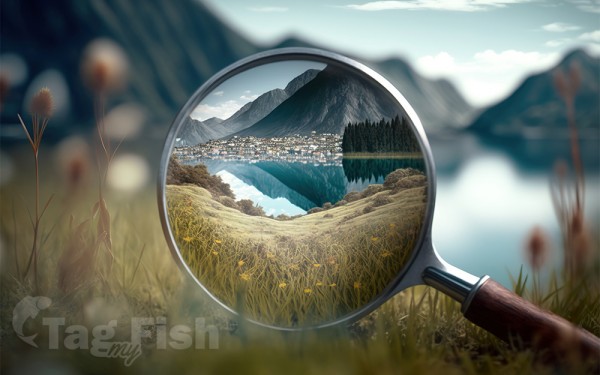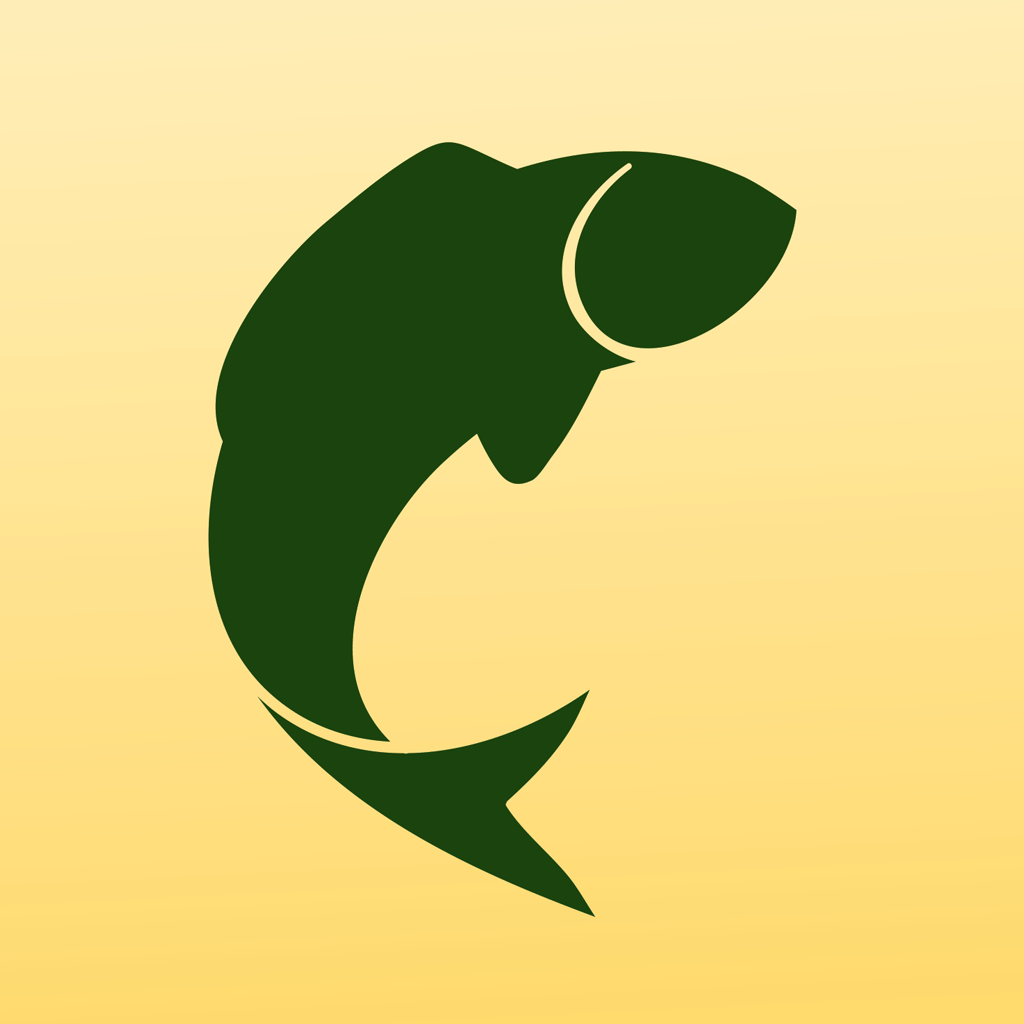Ross sea

Perciformes - Perches
The Ross Sea is a deep bay of the Southern Ocean in Antarctica, between Victoria Land and Marie Byrd Land and within the Ross Embayment, and is the southernmost sea on Earth. It derives its name from the British explorer James Clark Ross who visited this area in 1841.
The Ross Sea is one of the last stretches of seas on Earth that remains relatively unaffected by human activities. Consequently, the Ross Sea has become a focus of numerous environmentalist groups who have campaigned to make the area a world marine reserve, citing the rare opportunity to protect the Ross Sea from a growing number of threats and destruction. The Ross Sea is regarded by marine biologists as having a very high biological diversity and as such has a long history of human exploration and scientific research, with some datasets going back over 150 years.
The Ross Sea is home to at least 10 mammal species, half a dozen species of birds, 95 species of fish, and over 1,000 invertebrate species.
Some species of birds that nest in and near the Ross Sea include the Adélie penguin, emperor penguin, Antarctic petrel, snow petrel, and south polar skua. Marine mammals in the Ross Sea include the Antarctic minke whale, killer whale, Weddell seal, crabeater seal, and leopard seal. Antarctic toothfish, Antarctic silverfish, Antarctic krill, and crystal krill also swim in the cold Antarctic water of the Ross Sea.
The flora and fauna are considered similar to other southern Antarctic marine regions. Particularly in Summer, the nutrient-rich sea water supports an abundant planktonic life in turn providing food for larger species, such as fish, seals, whales, and sea- and shore-birds.
Albatrosses rely on wind to travel and cannot get airborne in a calm. The westerlies do not extend as far south as the ice edge and therefore albatrosses do not travel often to the ice-pack. An albatross would be trapped on an ice floe for many days if it landed in the calm.
The coastal parts of the sea contain a number of rookeries of Adélie and Emperor penguins, which have been observed at a number of places around the Ross Sea, both towards the coast and outwards in open sea.
A 10-metre (32.8 feet) long colossal squid weighing 495 kilograms (1,091 lb) was captured in the Ross Sea on February 22, 2007.[46][47][48][49][50]




